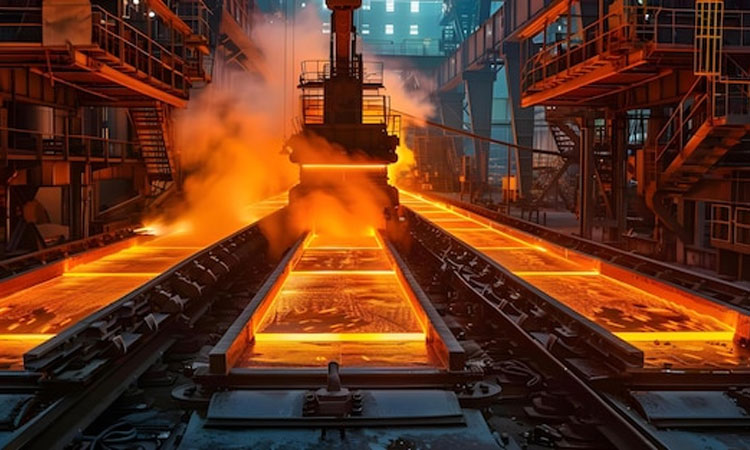As the global demand for high-quality, complex components grows, the casting industry has rapidly embraced advanced technologies to meet stringent standards of precision and efficiency. New developments in automation, artificial intelligence (AI), and Industry 4.0 are transforming casting processes, enabling manufacturers to produce high-quality components with remarkable accuracy and consistency.
Automation in Casting
Automation has become central to modern casting operations, where repetitive tasks like pouring, mold handling, and finishing are now often performed by robotics. These automated systems not only speed up the process but also help reduce human error and material waste, leading to higher productivity. Robotic automation in casting also enhances worker safety, as it minimizes exposure to high temperatures and molten materials, allowing for a safer, more efficient workplace.
In the finishing stages of casting, automated grinding, and polishing systems are used to ensure precision and surface quality. Robotics also play a vital role in casting inspection, as automated quality control systems can detect defects and deviations with exceptional accuracy, allowing for quick adjustments in the production line and significantly reducing rework rates.
Artificial Intelligence (AI) in Quality Control and Process Optimization
AI is making a powerful impact on the casting industry by enhancing decision-making and quality control processes. AI algorithms analyze real-time data from the casting process to predict potential defects, ensuring high-quality output. These systems learn from historical data, identifying patterns that may lead to flaws in components. By predicting and preemptively addressing issues, AI enables manufacturers to maintain high standards of quality and reduce waste.
AI also aids in process optimization, analyzing variables such as temperature, material composition, and cooling rates to adjust casting parameters in real time. This ensures uniformity in output and reduces the likelihood of costly defects, allowing for leaner, more efficient production cycles.
Industry 4.0 Integration: Connected and Smart Manufacturing
Industry 4.0 has brought interconnected, smart manufacturing to the casting industry, enabling data-driven decision-making across the entire production process. Through the Internet of Things (IoT) and digital twins, casting facilities can simulate production scenarios and optimize processes before physical implementation. This simulation technology, often combined with AI, allows engineers to foresee potential bottlenecks and quality issues, reducing downtime and enhancing efficiency.
Real-time monitoring through IoT devices provides valuable insights into every stage of the casting process. By tracking metrics like temperature, pressure, and material flow, operators can make informed adjustments that ensure the consistency of each cast part. Smart manufacturing systems also facilitate predictive maintenance, allowing equipment to be serviced before issues arise, thus avoiding unexpected downtime.
Advancements in automation, AI, and Industry 4.0 are elevating the precision and quality of casting in machining, setting a new standard for excellence. As manufacturers continue to integrate these cutting-edge technologies, they gain greater control over their processes, achieving higher quality, enhanced safety, and lower production costs. The result is a more resilient, efficient, and innovative casting industry capable of meeting the demands of modern manufacturing.
Image courtesy : Design by Freepik



